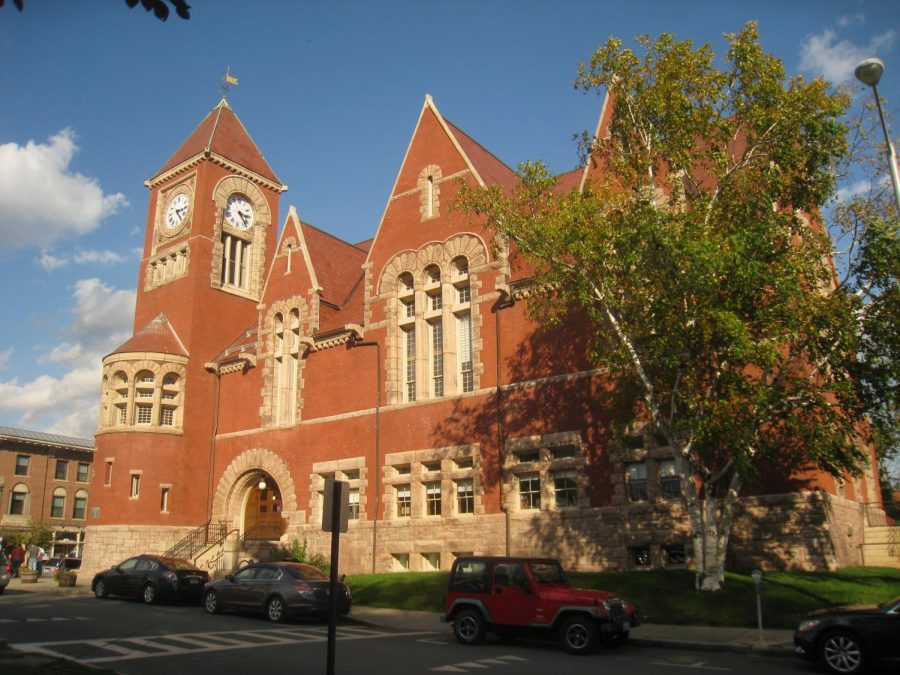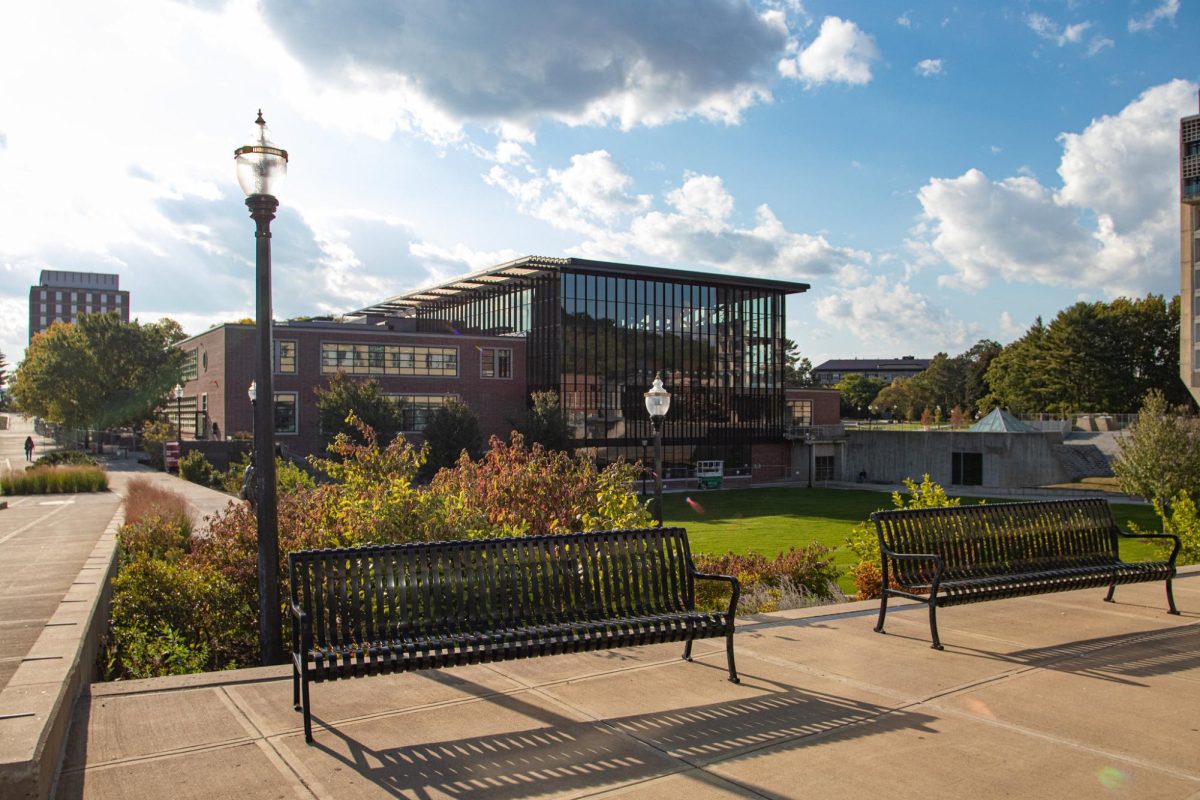On March 27th, there will be a vote on the Amherst Town Charter regarding whether to replace the existing Amherst Town Meeting with a more regular Town Council. For those unfamiliar with the situation, the Town of Amherst created a Charter Commission of nine members to examine whether or not to keep the current town government structure.
As it currently stands, the Town Meeting comprises 240 elected members as well as 14 ex-officio members from the local government. The members are representatives of the different neighborhoods of Amherst, with 24 members from each of Amherst’s 12 precincts, and even college students are eligible to run for a position, as only a single signature is needed to petition for candidacy. The full term of a Town Meeting member is three years, but these seats can be vacated early and replaced by new candidates. The Town Meeting usually gathers together twice per year to vote on local issues, and represents a way for the average person to become involved with the local Amherst government.
In contrast, the proposed changes would replace the Amherst Town Meeting with a more permanent Town Council. This council would consist of only 13 members, and would require its members to be available year-round to vote on decisions. Public town halls would still be held twice a year, but the bulk of the decisions would be made by the permanent council rather than by the Town Meeting members. The full term would last two years, and members would have to complete their entire term.
The Amherst League of Women Voters has released a comparison chart regarding this proposed charter. Proponents say that a permanent council member would allow a professional team to manage the complex proceedings of the town. Opponents counter that such a move will decrease civic engagement and introduce monied interests to local politics.
I believe that there is one large overlooked component to this entire debate: replacing the Town Meeting with a permanent council would directly disadvantage the sizeable but transient student population within the Town of Amherst. In a town of approximately 40,000 people, a student population of over 32,000 represents a major component of the town’s population, even if not all of these students are permanent residents here. The Amherst population is an estimate for 2016, and the student population is a combination of the students from the University of Massachusetts (28,984), Amherst College (1,849) and Hampshire College (1,400).
Currently, college students are eligible to run for positions in the Town Meeting. Because of the low barrier to entry, there is very little stopping a concerned student from becoming involved with the local government process. The infrequent meeting times give flexibility to students who have busy schedules but still want to be involved in town decisions, meaning that students don’t have to feel discouraged from picking up this commitment. I personally know members of the Town Meeting who are also students at UMass, and replacing the current government structure with a permanent council would drastically reduce the representation of students’ interests in the town.
The decision would also make our government less representative. I spoke with Laura Quilter, a UMass copyright lawyer, independent researcher and current Town Meeting member, who provided statistics regarding the representativeness of local government systems across Massachusetts. The median percentage of women representation on representative town meetings is 42.1 percent, nearly double the median 22.0 percentage of women in city councils. A permanent town council would mean that the only people representing our voices would be dedicated politicians with proper fundraising and advertising machinery. Such a system would make it harder to run for groups such as women and college students, lowering their overall representation and making the town’s government more susceptible to the influence of minority opinions and special interests.
At the moment, the list of Town Meeting candidates contains 14 people under the age of 30, nearly all of whom are students and 12 of whom oppose the proposed government change. For college students in the town, it only makes sense that we vote to preserve our existing representation in the legislative process. If the town changes to a permanent council style of government, it will essentially decimate the impact of student voices in the local government, despite the fact that we make up so much of the town.
While any single student may not be in Amherst for long, the overall student body is here to stay and needs its interests represented fairly. The existing Town Meeting structure gives adequate representation to both students and locals, while providing a low barrier of entry for students to get involved in town politics. A town meeting of 240 community members is always going to be more representative of the town’s needs than a committee of 13 politicians.
Wednesday, March 7th is the deadline for students to register to vote in Amherst. For Massachusetts residents, the process of changing voter registration to Amherst is simple and can be done on the Massachusetts Secretary of State’s website. For out-of-state students, registration must be done in-person with the town clerk. On March 27th, students in Amherst should stand up for their voices to be heard and vote against the proposed charter in order to preserve town meetings.
Edridge D’Souza is a Collegian columnist and can be reached at [email protected].




















Jon Hite • Mar 16, 2018 at 4:07 pm
Your column fails to point out that Amherst has three majority student precincts. So it follows that UMass students could GAIN representation under a Council/Manager form of government.
Kristopher Kolbert • Mar 5, 2018 at 1:50 pm
As a post-baccalaureate running for Town Meeting this year I could not agree more! With our current system, college students who are concerned and well-versed in our local politics as well as very busy with their day to day lives can contribute meaningfully to Amherst.
Art Keene • Mar 5, 2018 at 12:24 pm
Well stated! I encourage UMass students to get out there on MAR 27 and vote for the student candidates to vote NO on the charter, to preserve direct student participation in town government.
Toni • Mar 5, 2018 at 11:36 am
Thank you, Edridge D’Souza, for this clear summary of the choice facing voters on March 27th.
Students, year-round residents welcome your participation and your voice in town governance. Please consider joining one of the many town committees, or mounting a write-in campaign for a Town Meeting seat in one of the precincts that has fewer candidates than seats available.
And help Get Out The Vote on March 27th.